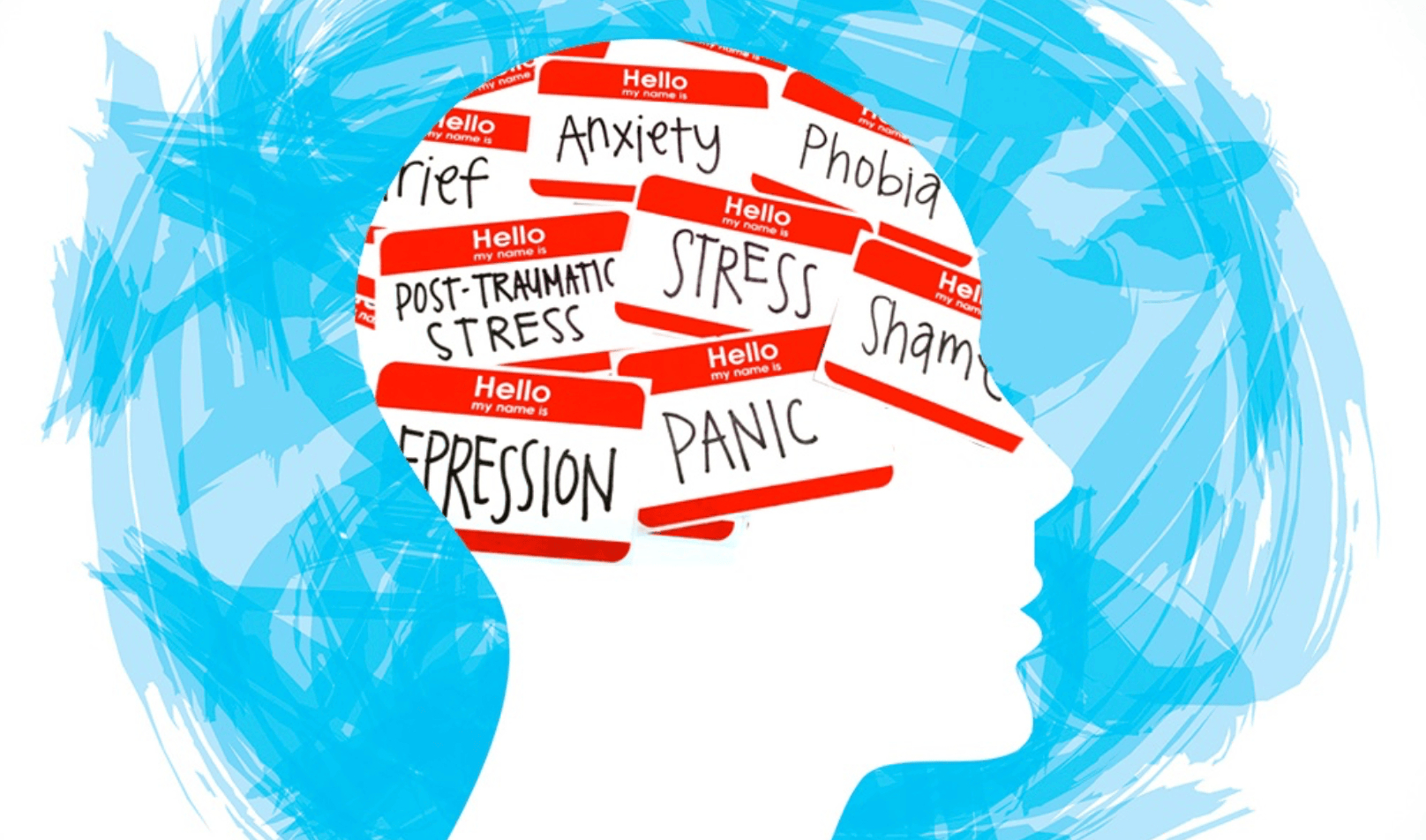Comprehensive Inpatient Mental Health And Wellness Providers for Effective Treatment
Inpatient mental wellness services stand for a critical component of the healthcare system, providing a structured and extensive atmosphere for people experiencing serious mental distress. These services utilize a multidisciplinary strategy, incorporating different evidence-based therapies to deal with the complicated demands of people. The performance of such detailed care prolongs beyond prompt stablizing; it additionally includes the shift to outpatient assistance, a crucial stage commonly neglected - mental health services. Checking out the nuances of this continuum exposes considerable effects for both individual recuperation and wider psychological wellness outcomes. What factors really affect this transition, and exactly how can we boost its efficiency?
Understanding Inpatient Mental Wellness Services
Inpatient psychological wellness solutions offer important assistance for people experiencing serious psychological distress that can not be taken care of efficiently in an outpatient setting. These solutions are designed to offer an intensive level of care in a structured atmosphere, usually within a hospital or specialized center. People confessed to inpatient programs normally present acute signs and symptoms, such as self-destructive ideation, serious anxiety, or psychosis, necessitating continuous surveillance and treatment.
The admission process generally involves an extensive analysis by mental wellness specialists, that evaluate the individual's frame of mind, history, and instant demands. Once confessed, individuals engage in a variety of therapeutic methods customized to their details demands, consisting of medicine monitoring, specific treatment, and group sessions. This holistic approach intends to stabilize the individual's problem, promote safety and security, and foster coping abilities.
Inpatient psychological health and wellness solutions not just address instant wellness issues yet likewise function as a bridge to continuous treatment. By giving a controlled setting, these services help with the advancement of treatment plans that can be proceeded in outpatient settings, hence guaranteeing a continuum of treatment and boosting long-lasting end results for individuals with complex mental wellness demands.
Key Elements of Effective Treatment
Effective therapy in inpatient psychological health services consists of numerous key elements that promote healing and stablizing. A thorough evaluation is crucial to recognize the person's particular demands and challenges. This assessment informs the development of a customized treatment strategy, which serves as a roadmap for treatment.
One more crucial component is the multidisciplinary team technique. Cooperation among psychoanalysts, psychologists, registered nurses, and social employees makes sure that numerous perspectives add to the client's care, enhancing the efficiency of treatment. Evidence-based therapeutic modalities, such as cognitive-behavioral therapy (CBT) and dialectical behavior modification (DBT), are additionally indispensable, supplying structured strategies that address maladaptive thought patterns and behavioral concerns.

Last but not least, a concentrate on aftercare preparation is important to make sure a seamless shift to outpatient services, minimizing the danger of relapse and promoting long-lasting wellness. These collective components produce an effective therapy framework within inpatient mental wellness services.
Advantages of Comprehensive Treatment

Comprehensive treatment in inpatient mental wellness solutions uses countless benefits that substantially enhance patient end results. Among the key benefits is the all natural strategy to treatment, addressing not just the psychological signs and symptoms yet likewise the physical, social, and emotional demands of clients. This thorough evaluation permits customized treatments that promote overall wellness.
One more benefit is the combination of multidisciplinary groups, which cultivates collaboration among health care experts. This joint environment makes sure that individuals receive worked with care, view website minimizing the risk of fragmented treatment and enhancing interaction amongst caregivers. Detailed treatment assists in continuity of services, permitting for smooth shifts from inpatient to outpatient setups, which is essential for long-term recovery.

Last but not least, the organized setting of comprehensive inpatient treatment offers a secure space for people to engage in healing activities, aiding them establish dealing strategies and durability. Collectively, these advantages add to extra efficient therapy and improved top quality of life for individuals experiencing mental health and wellness dilemmas.
Evidence-Based Healing Approaches
In the realm of psychological wellness therapy, evidence-based restorative techniques play an important role in making sure that patients obtain reliable and medically supported treatments. These techniques integrate the very best readily available study with professional proficiency and individual worths, cultivating a tailored treatment experience that addresses individual needs.
Cognitive Behavior Modification (CBT) is among one of the most go to the website commonly identified evidence-based methods, concentrating on identifying and changing adverse idea patterns and actions. This organized approach has actually shown effectiveness in treating problems such as depression, ptsd, and anxiety. Similarly, Dialectical Habits Treatment (DBT) is specifically efficient for individuals with borderline individuality problem, stressing the development of emotional guideline and social efficiency skills.
Furthermore, drug monitoring is often an indispensable component of evidence-based therapy, as psychotropic medications can ease signs and improve total functioning. Collaborative care models, which entail multidisciplinary groups, even more boost the efficacy of inpatient services by ensuring comprehensive evaluations and continuous tracking.
Ultimately, the integration of evidence-based restorative approaches not just advertises positive medical outcomes however additionally empowers people, promoting a feeling of agency and resilience in their mental wellness journeys.
Transitioning to Outpatient Assistance
The shift from inpatient mental health and wellness services to outpatient support notes a crucial phase in a patient's healing trip. This period calls for careful preparation and sychronisation to ensure connection of treatment and to mitigate the risks of relapse or crisis. Efficient discharge preparation should begin early in the inpatient keep, involving a multidisciplinary team that includes psychiatrists, psychologists, nurses, and social employees.
Crucial element of a successful change consist of the growth of a thorough aftercare plan customized to the individual's specific requirements. This plan must outline follow-up visits, medication monitoring, and therapeutic treatments, as well as determine community sources and support teams that can facilitate recurring healing.
In addition, client and family members education and learning is essential during this phase. Comprehending the indications of possible troubles and the value of sticking to treatment can empower people and their support systems.
Routine follow-up and reassessment of the outpatient strategy are vital to deal with evolving obstacles. By promoting a collaborative connection in between inpatient and outpatient service providers, the chance of continual healing boosts, eventually improving the person's lifestyle and lowering the risk of readmission.

Verdict
In summary, detailed inpatient psychological health services use an important structure for addressing extreme emotional distress through a multidisciplinary approach. Inevitably, such comprehensive care is crucial for long-term mental health and wellness and well-being.
The admission process generally entails a thorough evaluation by mental wellness specialists, that evaluate the person's psychological state, history, and immediate demands.Efficient treatment in inpatient psychological health solutions consists of a number of essential elements that cultivate recovery and stablizing.Thorough treatment in inpatient mental health solutions supplies many advantages that dramatically boost client end results.The shift from inpatient mental wellness services to outpatient assistance marks a vital phase in a person's recuperation trip.In summary, thorough inpatient mental wellness solutions provide an important view publisher site structure for attending to extreme psychological distress with a multidisciplinary strategy.